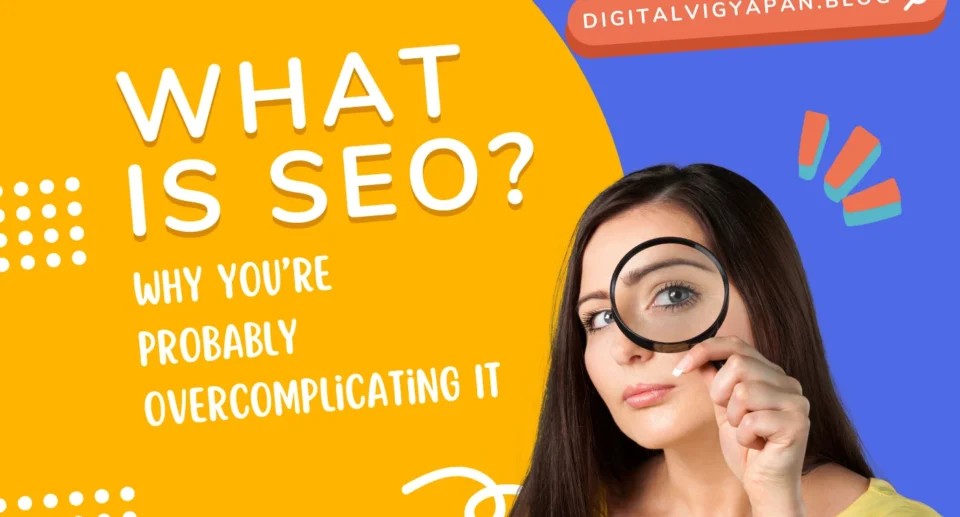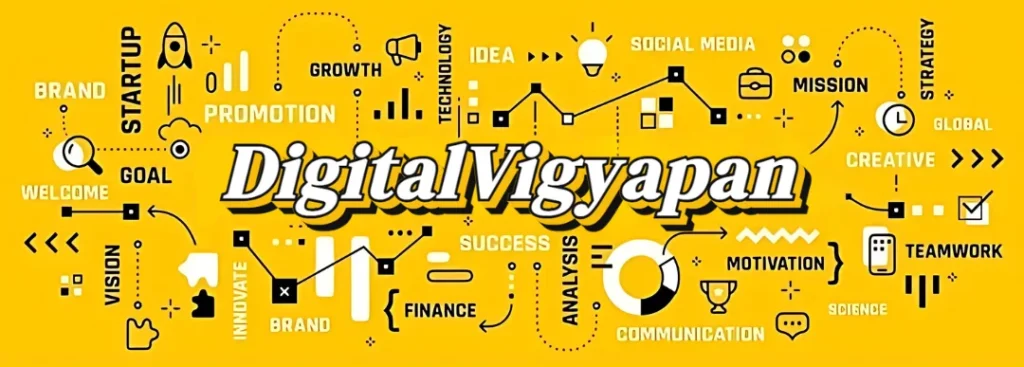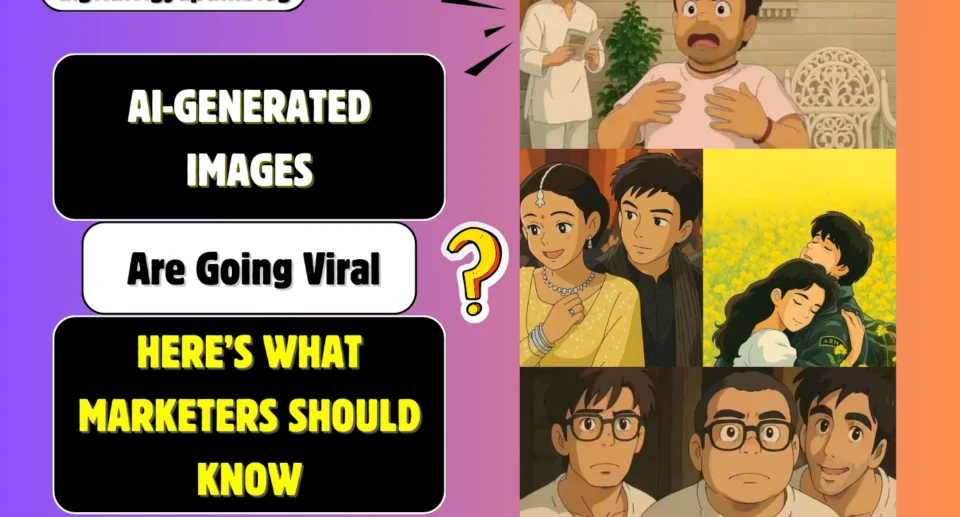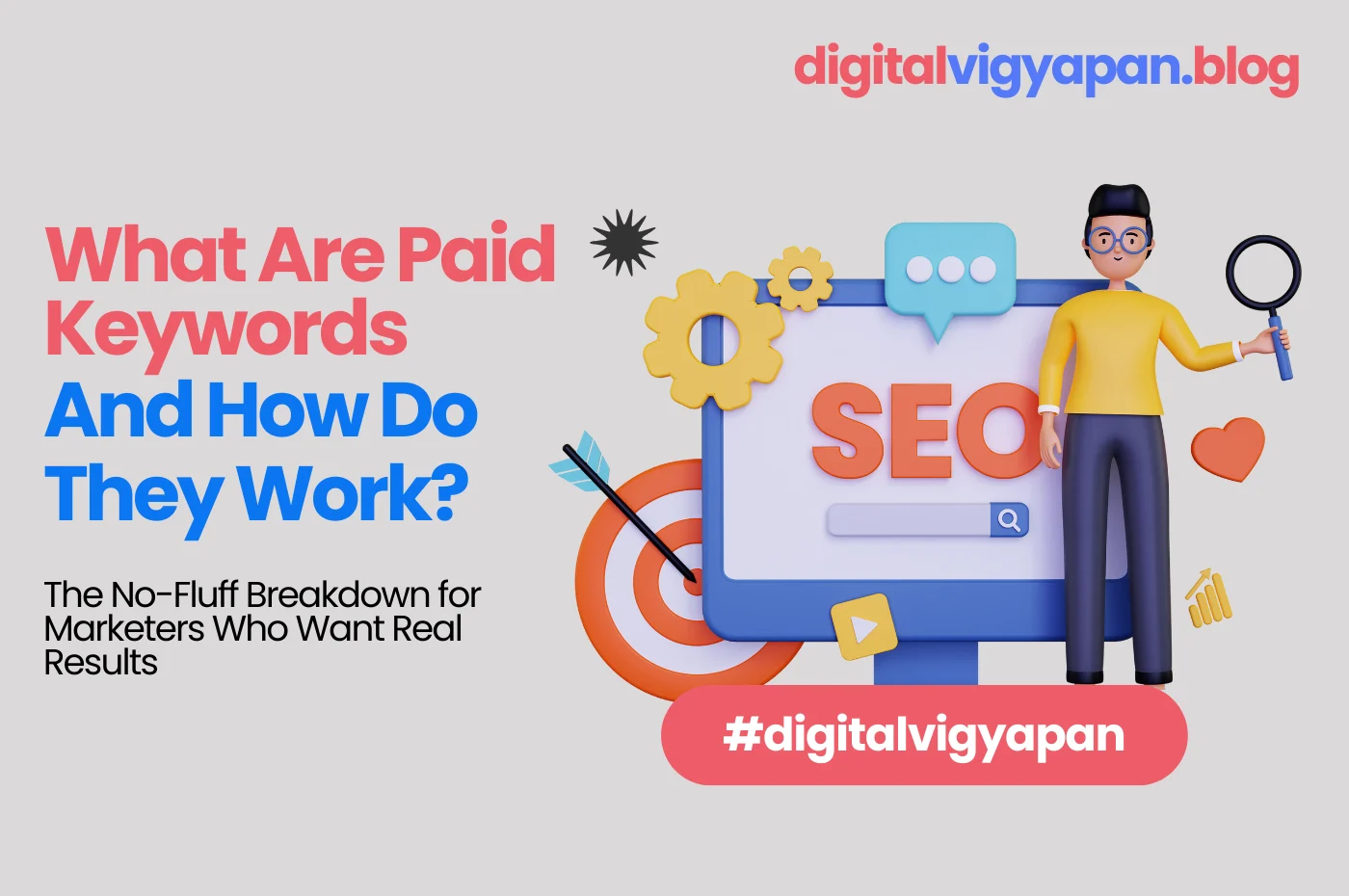What Is SEO – And Why You’re Probably Overcomplicating It
Jay Pathak
- April 24, 2025
- 5 Min Read

Let’s start with a truth bomb: most people talk about SEO like it’s some mystical beast that only the chosen few can tame. Like it involves hacking the Google Matrix or sprinkling magic keywords across a webpage and praying to the algorithm gods.
That’s crap.
At its core, SEO (Search Engine Optimization) is just this:
Helping people find you when they’re looking for what you offer.
That’s it.
That’s the tweet.
Now, of course, there’s a lot more to doing SEO well. But if we don’t start with that basic understanding — that SEO is fundamentally about visibility and relevance — then the rest doesn’t matter.
Let me walk you through what SEO really is, how it works, and how to think about it like a real human trying to grow a real business — not like some marketing bro trying to sell you a course.
So… What Is SEO Actually?
SEO is the practice of improving your website so that search engines — mainly Google, because let’s be honest, it owns the internet — can understand what your content is about, and decide to show it to people who are looking for it.
So if you own a yoga studio in Delhi and someone searches “best yoga classes near me,” good SEO increases your chances of showing up in those search results.
It’s not about being clever. It’s about being useful and visible.
Why SEO Matters (Even If You’re Not a Techie)
Let’s say you have a great product. Maybe you sell sustainable skincare. Your packaging’s on point, your ingredients are clean, and your customer reviews are glowing.
But if no one can find you on Google?
You might as well be whispering in an empty room.
Most people’s buying journeys start with a search. They don’t go to Instagram first. They don’t scroll endlessly until a Reel convinces them. They Google stuff.
If you’re not showing up there — for the right things — you’re just watching potential customers walk straight to your competitors.
The Three Core Pillars of SEO (Explained Like a Normal Person)
Forget the complicated diagrams for a second. SEO really comes down to three things:
What’s On Your Page – aka On-Page SEO
This is everything you control on your own site.
The words you use
The titles of your pages
The headlines
The structure
The images
The links
If your homepage says “Welcome to our site” and nothing else, Google’s going to have no clue what you actually do.
Use clear, human language. Answer questions. Be specific.
It’s not about “stuffing keywords.” It’s about speaking clearly — for both humans and search engines.
What’s Under the Hood – aka Technical SEO
This part’s less visible but super important.
Think about how fast your website loads, whether it works on a phone, whether your pages are broken, or if your site is secure (yes, HTTPS matters).
Google’s not going to send traffic to a site that takes 10 seconds to load or crashes on mobile.
This isn’t the glamorous part of SEO. But it’s the part that makes the shiny stuff work.
What Other People Say About You – aka Off-Page SEO
Google’s basically trying to figure out whether to trust you. One of the best signals? When other websites — ideally trusted, relevant ones — link back to yours.
That’s called a backlink. And it’s one of the hardest parts of SEO to get right.
You earn backlinks by:
Creating great content
Collaborating with other businesses
Being cited in articles
Getting press or features
It’s a long game. But it builds authority over time.
Is SEO Just About Google?
Right now, mostly yes. Google owns about 90% of global search traffic. But that doesn’t mean it’s the only search engine that matters.
You also want to think about:
YouTube (yes, it’s the second largest search engine)
Amazon (if you sell products)
Pinterest (if you’re visual)
Even ChatGPT is surfacing more SEO-optimized answers
SEO is no longer just about ranking #1 on Google. It’s about being found — wherever people are searching.
Common SEO Myths (That Need to Die)
Let’s kill off some bad advice once and for all.
Myth: You need to post blogs daily to rank.
Nope. Quality > quantity. A few great pages can outrank 100 weak ones.
Myth: SEO is only for big companies.
Some of the best SEO wins happen for local businesses that optimize for very specific searches.
Myth: SEO is dead.
Every year someone says this. Every year, SEO drives more revenue than paid ads for smart businesses.
What SEO Looks Like in Real Life
Let’s make this real.
Say you’re a freelance interior designer. You live in Mumbai, and you mostly work with young couples setting up their first homes.
Instead of trying to rank for “interior designer” (which is competitive AF), you optimize your website for:
“affordable interior design Mumbai”
“best interior designer for 2BHK”
“modern small apartment decor ideas India”
You write blog posts answering real questions like:
“What’s a realistic budget for furnishing a 1BHK flat?”
“How to choose wall colors in Indian apartments?”
“5 mistakes couples make when hiring a designer”
Over time, your content builds trust. You start showing up on Google. People read, they relate, they reach out.
That’s SEO.
Not magic. Not hacks. Just consistency, clarity, and empathy.
Final Thought: SEO Isn’t a Shortcut — It’s a Strategy
If you’re looking for quick wins, SEO will disappoint you.
It takes time. It requires patience. It needs regular attention. But the payoff? Huge.
Because once you start ranking, the traffic doesn’t stop when your ad budget runs out. People keep finding you. Your brand keeps growing. And your visibility becomes something you own — not something you rent.
SEO isn’t a secret sauce. It’s the slow-cooked dish that gets better over time.
If you’re in it for the long haul, SEO isn’t just worth it. It’s essential.






